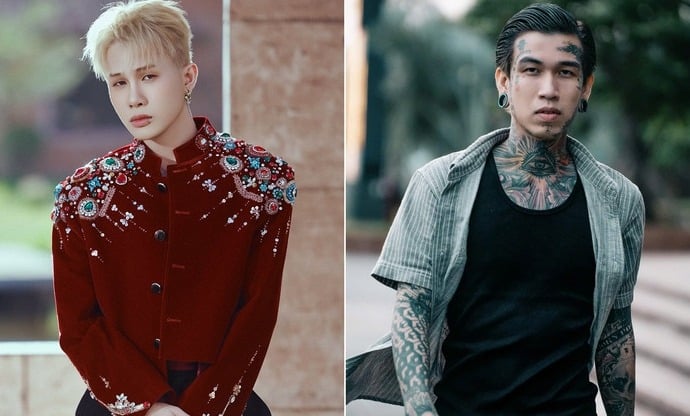
On the evening of October 16, during the performance in Hanoi , Jack Introducing a new, never-before-released song. The lyrics "How dare those who don't like me in real life? I sing for fun, better than their whole life working!" immediately sparked outrage.
Many people think that Jack is too ostentatious and belittling to others. His lyrics express the idea that money and income are the measure of human value and thus look down on others. Not only is Jack arrogant in his words, he also places his distorted ego above his musical aesthetics and worldview.
When "rap diss" and drama are rampant in music
Recently, a series of rap diss with content that attacks, satirizes or responds to individuals has appeared everywhere. Some people consider it the "fighting" and "living truthfully" spirit in rap, but when the words go beyond the limit, are humiliating or offensive, it is no longer art but deviant language.
November 2024, Hieuthuhai release rap Trinh with challenging lyrics, considered to be "insulting" many other artists. The song quickly climbed to the top of the trend but was followed by a wave of protests that he was "feeding anti-fans" and creating a negative atmosphere in the community.
In early 2025, rapper Phao released Career , a public diss rap aimed at the person she is said to have had a private relationship with. Although the song attracted millions of views, most audiences thought Phao had "lost her sense of subtlety" by choosing to attack individuals through music.
This year, rapper De Choat made waves in the rap world when he dissed famous mainstream artists such as Den Vau, Hieuthuhai, Double2T, Binz, JustaTee... and attacked the media in his diss rap P... media.
Cricket Choat has criticized almost all famous rappers, no matter what school they belong to, he always finds something to attack. Attacking other rappers with words does not show good motives, it is simply putting down people you do not like.
In an increasingly open music market, many young artists are confusing bravery with arrogance. Music, instead of improving the public’s aesthetic, has become a place for listeners to “inhale drama” and for artists to express their deviant, unkind thoughts.
After Jack's performance, a series of TikTokers cut out controversial rap lines and reposted them as a "language trend". Worryingly, many young audiences see this as a manifestation of "artistic qualities", considering speaking out of turn and challenging norms as bravery.
When praising an offensive lyric, many people may not realize they are contributing to a toxic linguistic ecosystem where artistic value can be replaced with drama, noise, and very personal arguments.
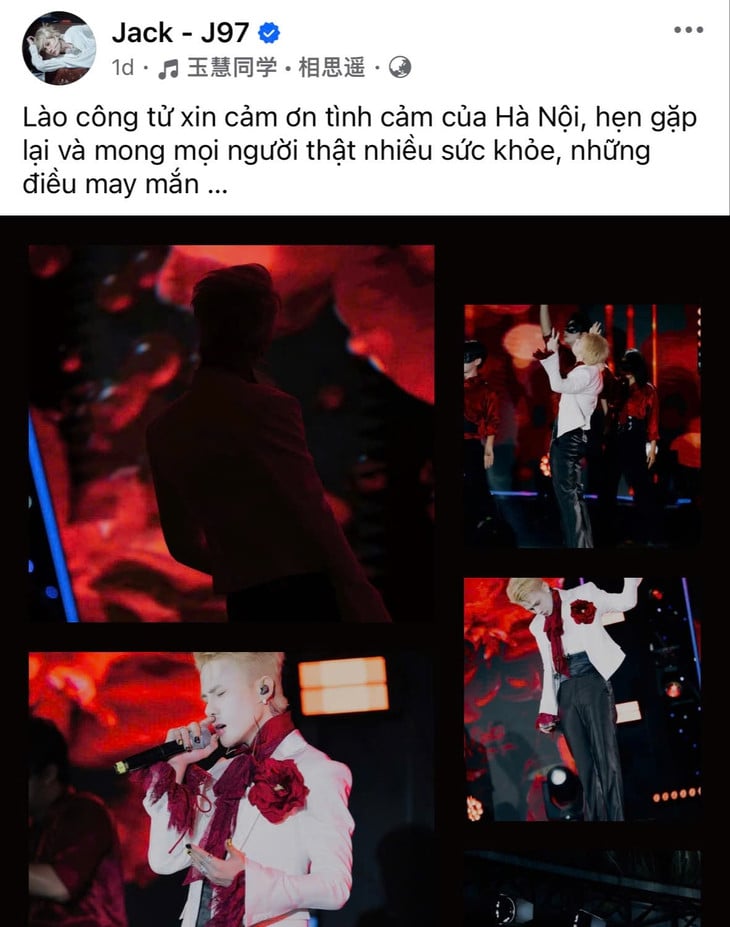
Are lyrics like that any different from toxic statuses online?
Regarding the current wave of rap diss and pop music flooding "internet language", music communications expert Hong Quang Minh commented: "This is a phenomenon worth pondering not only as a long-time media worker but also as someone who grew up at a time when music still had profound spiritual values.
The proliferation of rap diss or pop using "viral" phrases like "can't stand it", "be careful not to fall into the hole", "who do you think you are"... is not simply a musical trend but clearly reflects a change in the social frame of reference.
Music today is not only for listening but also for spreading. Social media, especially TikTok, has turned a lyric or a beat into a "media touchpoint" rather than a purely artistic touchpoint.
Artists have to think: how can a lyric get into a reaction video , a trending video, or even a meme? Technically, this is a smart game. But aesthetically, it raises a big question: are artists sacrificing artistic depth for a few seconds of virality?
Regarding lyrics like "I sing for fun more than a lifetime of work" or "Whatever Lao is also t"..., Mr. Hong Quang Minh thinks that they are going far from the concept of "healthy". He thinks that music reflects reality, but if that reality is full of tension, competition, jealousy, and resentment, then it should not be done.
Putting personal thoughts into music without an aesthetic filter will cause listeners, especially young people, to lose the ability to distinguish between "artistic language" and "social language".
“If influencers constantly spread the message that ‘you can’t do anything to me if you don’t like me,’ we are building a vulnerable generation that responds with rhetoric rather than emotional depth or critical thinking.
Resistance needs to be accompanied by civilized thinking. If it is just about competing with vulgar language, it is essentially no different from a toxic status on the internet," said a media expert.
Source: https://baoquangninh.vn/tu-chuyen-loi-nhac-ngao-man-cua-jack-can-cam-song-bai-xich-ca-tu-tuc-tieu-3380955.html


![[Photo] Prime Minister Pham Minh Chinh meets with Speaker of the Hungarian National Assembly Kover Laszlo](https://vphoto.vietnam.vn/thumb/1200x675/vietnam/resource/IMAGE/2025/10/20/1760970413415_dsc-8111-jpg.webp)
![[Photo] Da Nang residents "hunt for photos" of big waves at the mouth of the Han River](https://vphoto.vietnam.vn/thumb/1200x675/vietnam/resource/IMAGE/2025/10/21/1761043632309_ndo_br_11-jpg.webp)
![[Photo] Prime Minister Pham Minh Chinh received Mr. Yamamoto Ichita, Governor of Gunma Province (Japan)](https://vphoto.vietnam.vn/thumb/1200x675/vietnam/resource/IMAGE/2025/10/21/1761032833411_dsc-8867-jpg.webp)



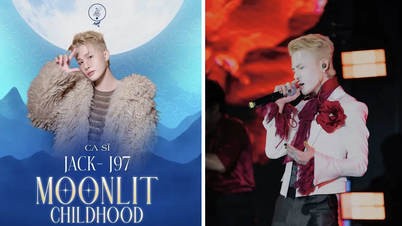





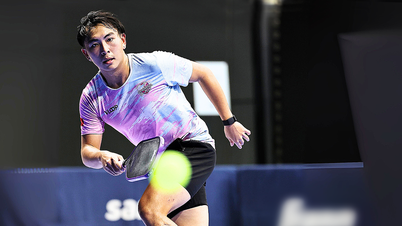






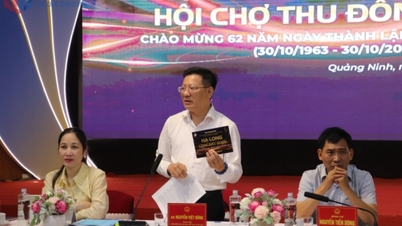






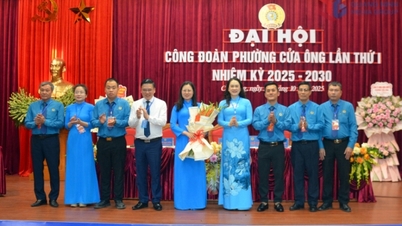











































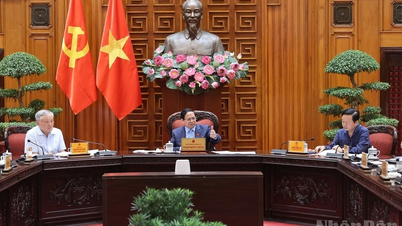

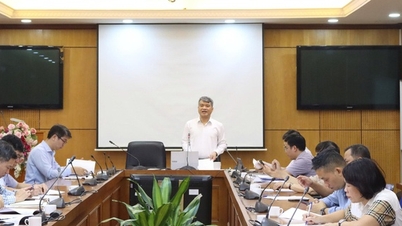
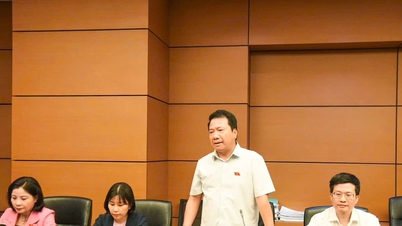

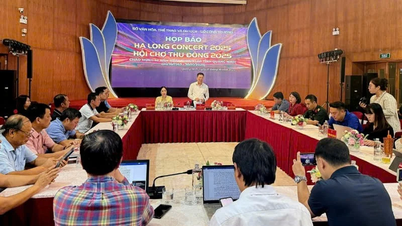































Comment (0)